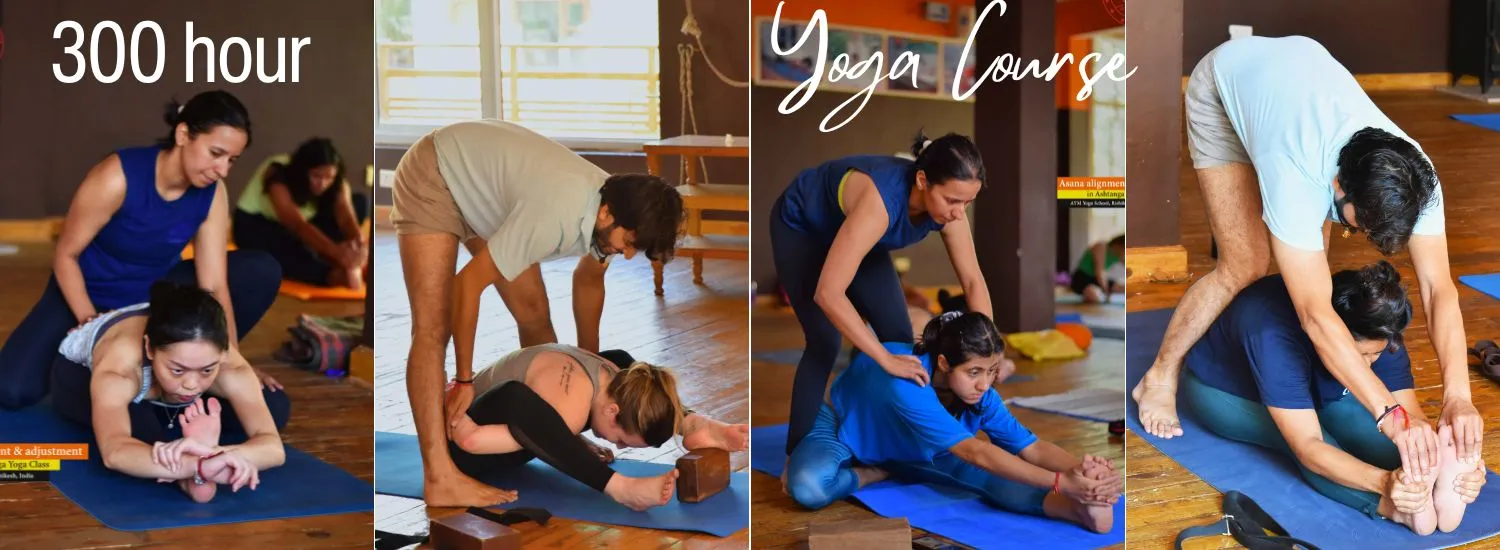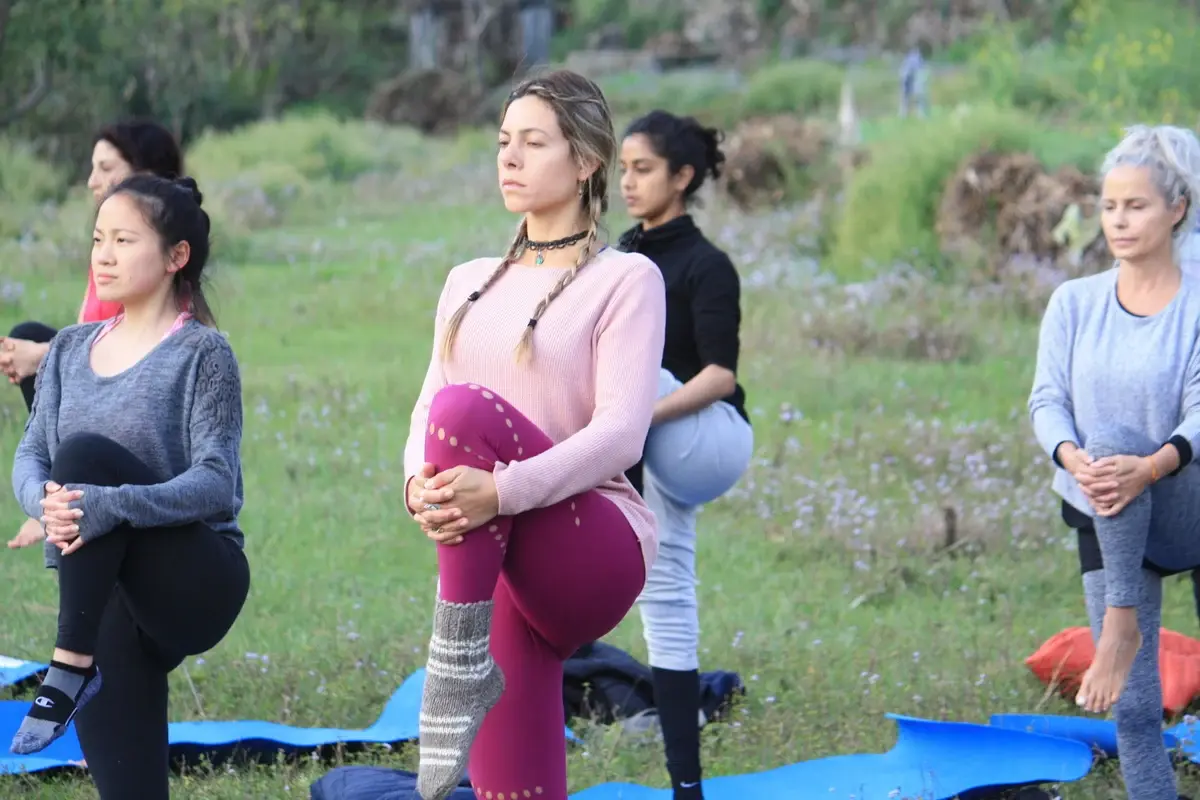Attending a 300 hour yoga teacher training in India can be an enriching and transformative experience for aspiring yoga instructors or practitioners looking to deepen their practice. India, being the birthplace of yoga, offers many options for teacher training programs, with numerous reputable schools and experienced instructors across the country.
When considering a 300 hour yoga teacher training in India, it’s essential to research and select a program that aligns with your goals, interests, and schedule. Here are some key points to consider:
This blog will guide you through the amazing experiences and advantages you’ll gain on this immersive yoga adventure. We’ll see how this training is not just about doing physical exercises; it’s a complete and all-around way of learning yoga. Join us as we learn about the positive changes and the good things that come with taking part in this deep dive into yoga in India.
Contents


